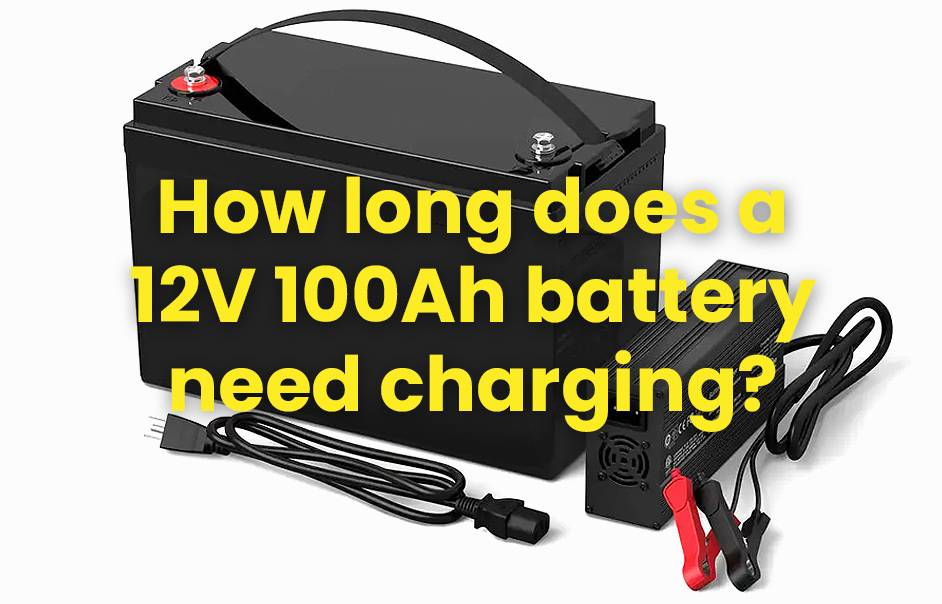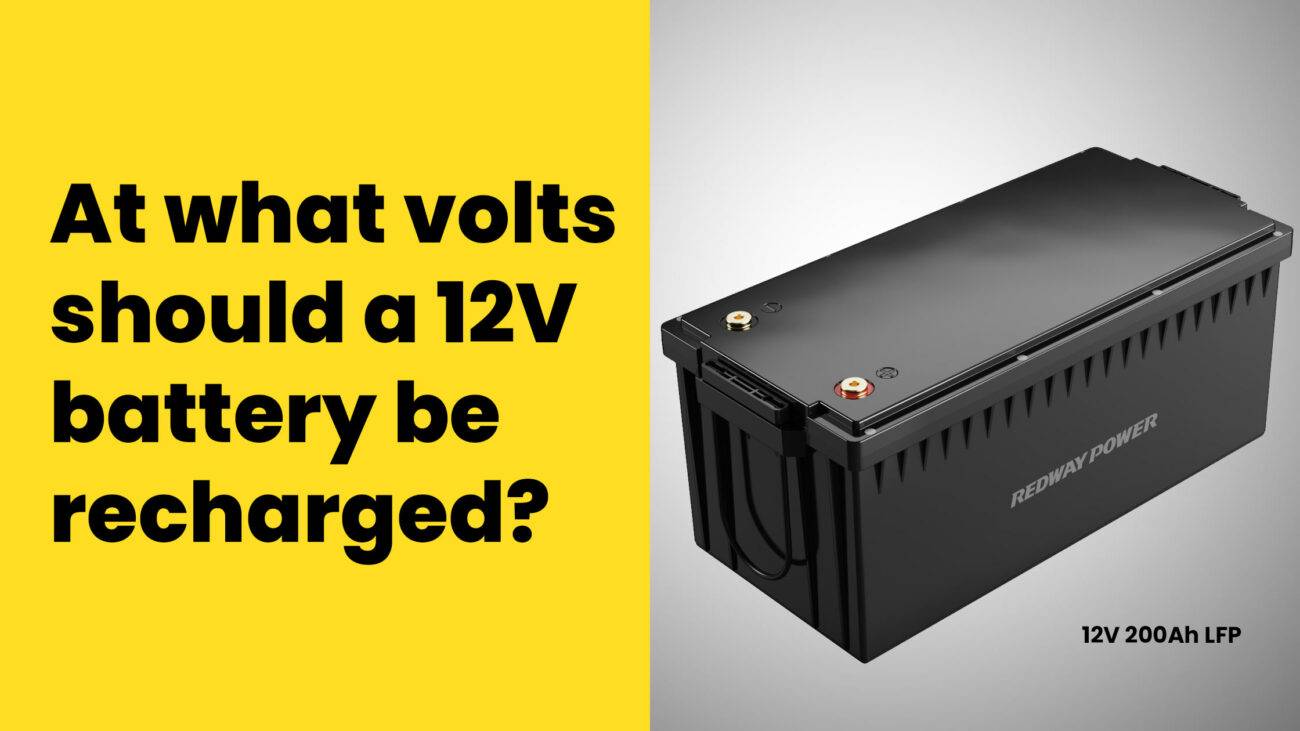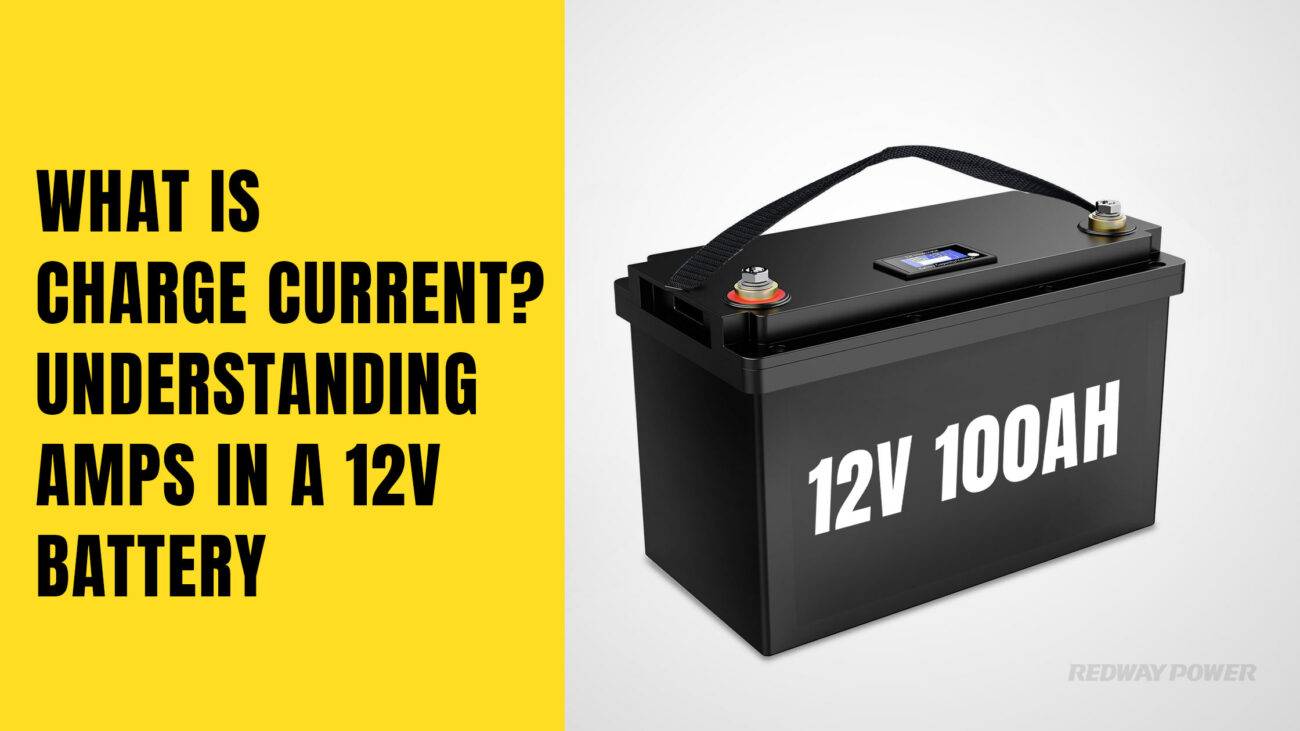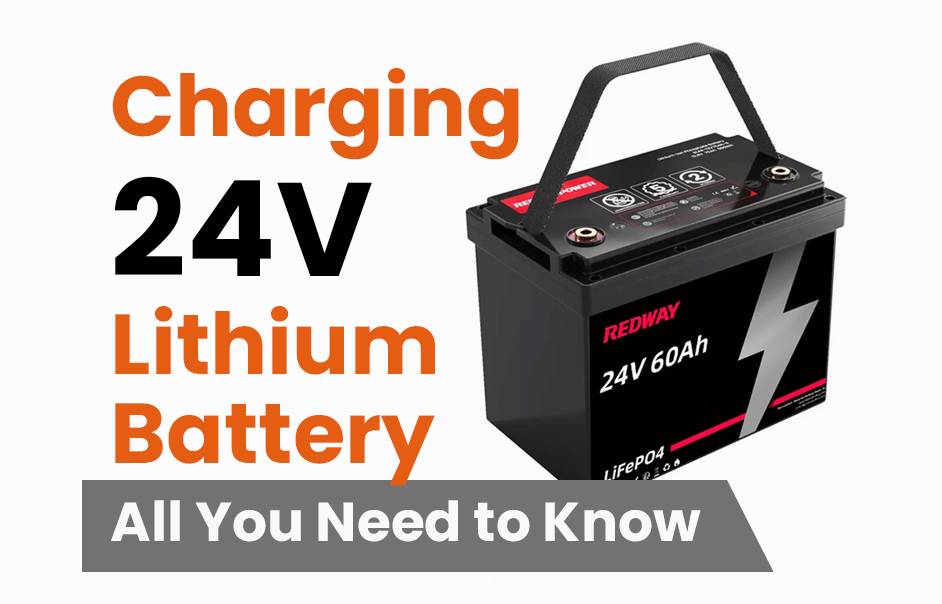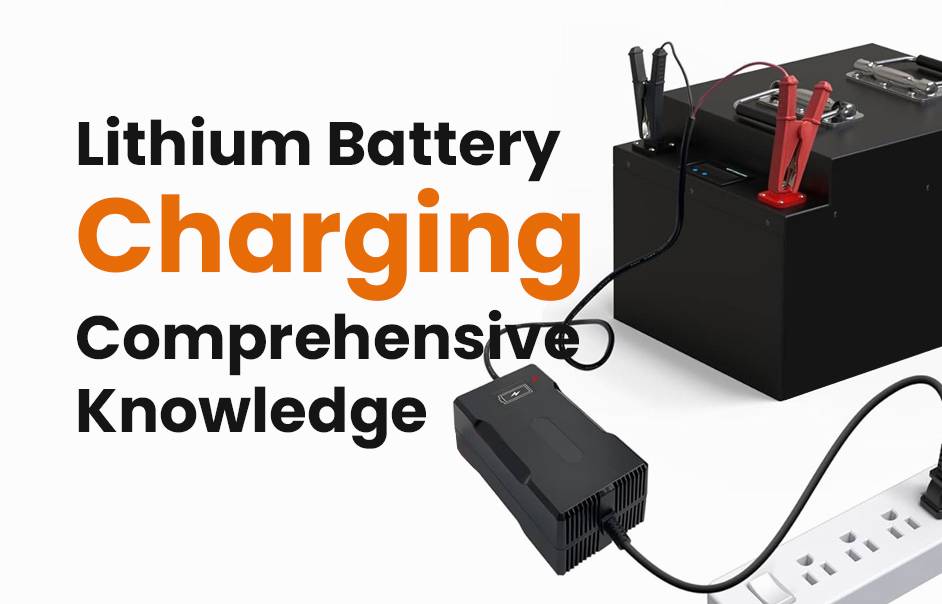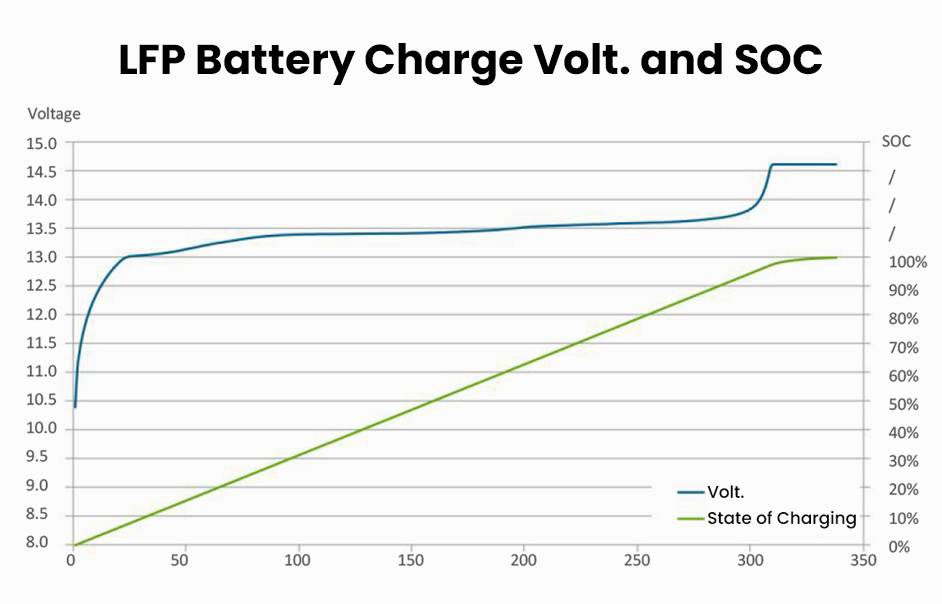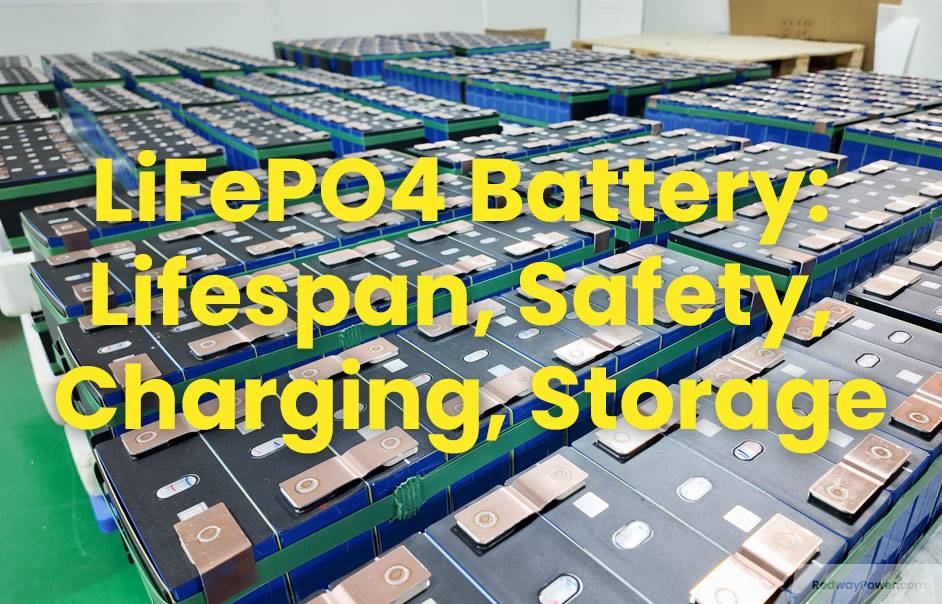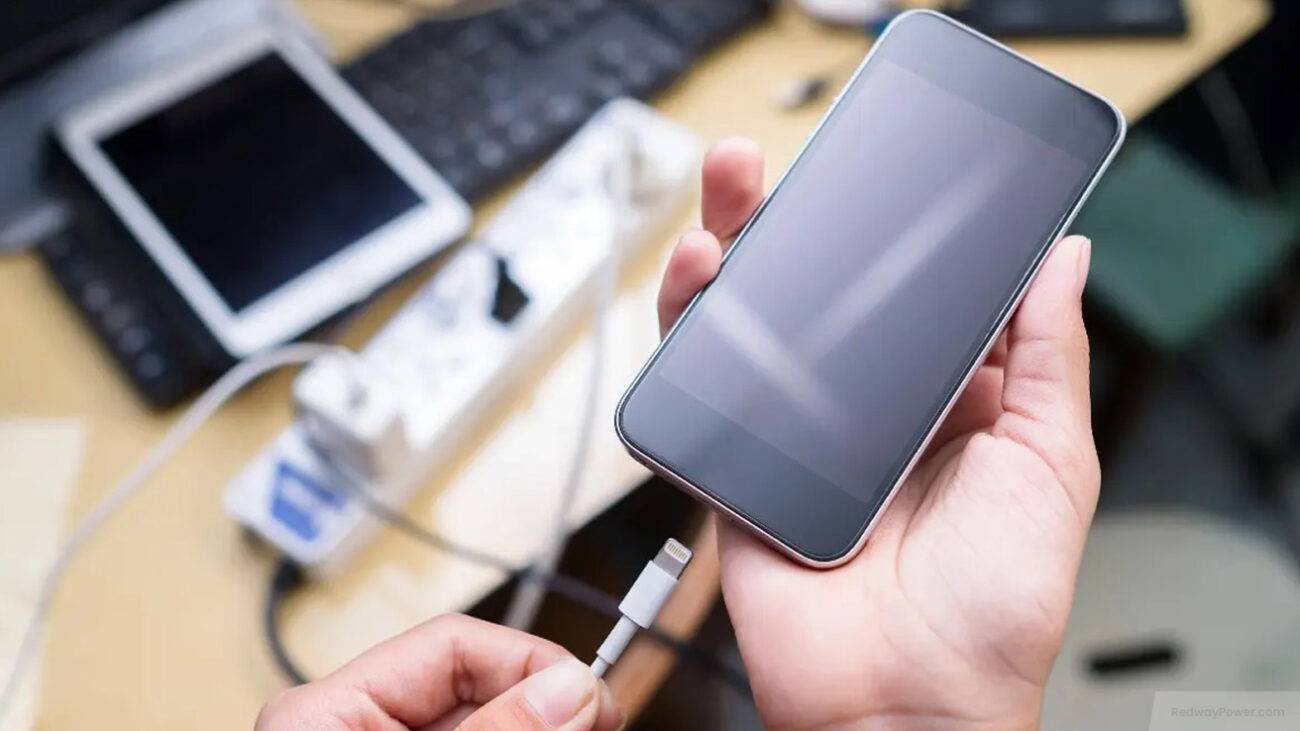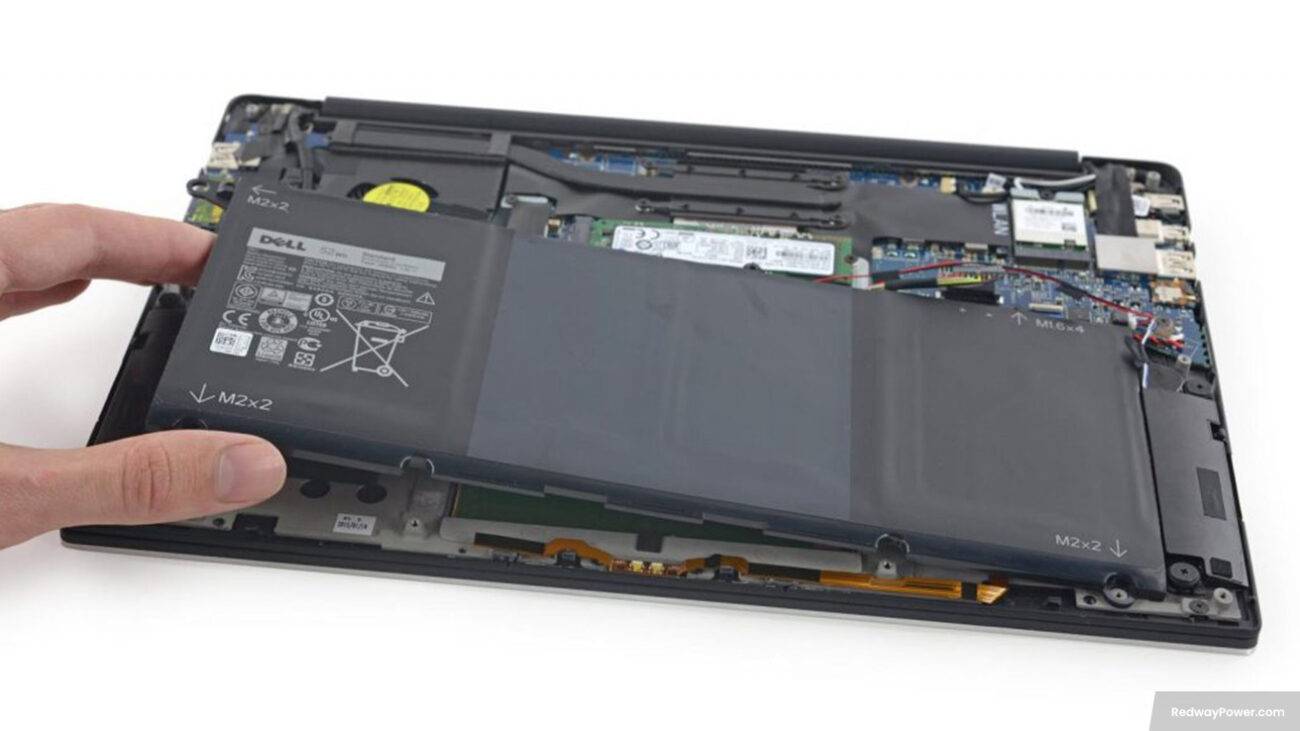Are you curious about how long it takes to charge a 12V 100Ah battery? Well, buckle up because we’re about to dive into the world of batteries and charging times! Whether you’re a seasoned DIY enthusiast or just looking for some basic knowledge, understanding the ins and outs of battery charging is essential. In this blog post, we’ll explore the factors that affect charging time, different methods of charging, tips for efficient charging, and common mistakes to avoid. So let’s plug in and power up our knowledge on 12V 100Ah batteries!
Understanding the Basics: What is a 12V 100Ah Battery?
A 12V 100Ah battery is a common choice for various applications, such as solar systems and RVs. Understanding its key features is essential for optimizing its performance.
- Voltage (12V):
- Definition: The “12V” signifies the battery’s nominal voltage, indicating compatibility with devices requiring a 12-volt power supply.
- Capacity (100Ah):
- Meaning: The “100Ah” represents the battery’s capacity, measured in ampere-hours. This indicates the amount of current the battery can deliver over time—100 ampere-hours in this case.
- Deep Cycle Design:
- Purpose: Unlike regular car batteries, deep cycle batteries are designed for gradual power discharge over an extended period. This feature ensures longevity and consistent performance through numerous charge and discharge cycles.
- Lead-Acid Technology:
- Chemistry: These batteries use lead-acid technology, involving chemical reactions between lead plates and sulfuric acid electrolyte. This chemistry enables reliable performance, even in challenging conditions like high temperatures or deep discharges.
- Application Suitability:
- Use Case: The 12V 100Ah battery is well-suited for applications requiring sustained power delivery and consistent performance. Its design makes it ideal for off-grid solutions, marine equipment, and solar power systems.
Factors Affecting Charging Time
Factors Affecting Charging Time:
- Charging Current:
- Impact: The current supplied to the battery significantly influences charging time. Higher currents result in faster charging, but it’s crucial to stay within the recommended limits to prevent overheating and damage.
- State of Charge:
- Effect: The initial state of charge matters. A fully discharged battery takes longer to charge compared to a partially discharged one. Consider the battery’s condition before initiating the charging process.
- Charger Specifications:
- Role: The charger type and its specifications affect charging time. Different chargers have varying output powers and efficiencies, directly impacting the speed at which they recharge a 12V 100Ah battery.
- Ambient Temperature:
- Influence: Temperature matters. Charging times tend to be longer in colder conditions compared to warmer temperatures. Ambient temperature affects the battery’s ability to reach full capacity.
- Internal Resistance:
Optimizing charging time involves a careful consideration of these factors, choosing a suitable charger, and adhering to safety guidelines.
The Importance of Proper Charging
- Preventing Overcharging:
- Importance: Proper charging prevents overcharging, where the battery continues to receive electricity after reaching full capacity. Overcharging can lead to damage, including electrolyte loss and reduced overall lifespan.
- Avoiding Undercharging:
- Consequence: Undercharging is detrimental, leading to sulfation. Sulfation occurs when sulfuric acid reacts with lead plates, forming crystals that diminish the battery’s capacity. Ensuring a full charge is essential for longevity.
- Charger Selection and Monitoring:
- Key Steps: Use a charger designed for 12V batteries with the right voltage settings. Monitor charge levels and disconnect the charger promptly upon reaching full capacity to prevent potential issues.
- Temperature Control:
- Impact: Extreme temperatures affect charging efficiency and battery life. Maintaining optimal temperature ranges during the charging process is crucial for preserving the health and performance of a 12V 100Ah battery.
In summary, implementing proper charging practices, including avoiding overcharging, ensuring a full charge, selecting the right charger, and controlling temperature, enhances the lifespan and optimizes the performance of your 12V 100Ah battery.
Different Methods of Charging a 12V 100Ah Battery
- Traditional Electrical Outlet Charger:
- Advantages: Safety features, steady charging rate.
- Considerations: May take longer to charge compared to other methods.
- High-Powered Charger:
- Advantages: Faster charging times.
- Caution: Potential for battery damage if not used properly.
- Solar Charging:
- Advantages: Environmentally friendly, portable.
- Ideal For: Outdoor enthusiasts, off-grid living.
- Alternators or Generators in Vehicles/Equipment:
- Application: Common in RVs, boats.
- How It Works: Engine charges batteries while in use.
In conclusion, the choice of charging method for a 12V 100Ah battery depends on factors like charger capacity and specific needs. Regardless of the method, proper monitoring is crucial to prevent overcharging or undercharging and ensure the battery’s longevity.
Tips for Efficient Charging and Prolonging Battery Life
Tips for Efficient Charging and Prolonging Battery Life:
- Choose the Right Charger:
- Follow Manufacturer’s Guidelines:
- Critical: Adhere to the manufacturer’s recommended charging parameters to avoid overcharging or undercharging.
- Monitor Charging Progress:
- Regular Check: Keep an eye on charging indicators or monitoring systems to track progress and prevent overcharging.
- Avoid Fast Charging:>
- Optimal Performance: Stick to slower, steady charging methods to prevent higher temperatures that can degrade the battery over time.
- Maintain Proper Storage Conditions:
- Prevent Discharge: Store the battery in a cool, dry place away from sunlight to prevent self-discharge and preserve capacity.
- Clean Battery Terminals:
- Regular Maintenance: Clean terminals periodically to prevent corrosion using a mixture of baking soda and water or specialized cleaner solution.
- Consider Trickle or Float Chargers:
- Constant Maintenance: Use these chargers for a slow and constant charge, maintaining optimal voltage levels without overcharging.
By incorporating these tips, you can ensure efficient charging and extend the life of your 12V 100Ah battery, maximizing its performance when needed.
Common Mistakes to Avoid When Charging a 12V 100Ah Battery
- Overcharging:
- Risk: Leaving the battery connected for too long can cause damage and reduce lifespan.
- Prevention: Adhere to the manufacturer’s recommended charging time; do not exceed it.
- Undercharging:
- Consequence: Insufficient charging time leads to suboptimal performance during use.
- Solution: Allow sufficient charging time as per manufacturer’s guidelines.
- Incompatible Charger:
- Error: Using a charger not matching battery specifications can result in improper charging and potential damage.
- Precaution: Use a charger recommended by the manufacturer or designed for your battery type.
- Lack of Ventilation:
- Issue: Inadequate airflow during charging can cause overheating, impacting battery lifespan.
- Avoidance: Ensure proper ventilation to dissipate heat during the charging process.
- Neglecting Maintenance:
- Risk: Failure to check for corrosion or loose connections can lead to performance issues.
- Practice: Regularly inspect and maintain the battery for optimal efficiency.
By steering clear of these common mistakes, you’ll optimize the charging process, extending the life and performance of your 12V 100Ah battery. Proper care now can save replacement costs in the long run.
Post Views: 144

